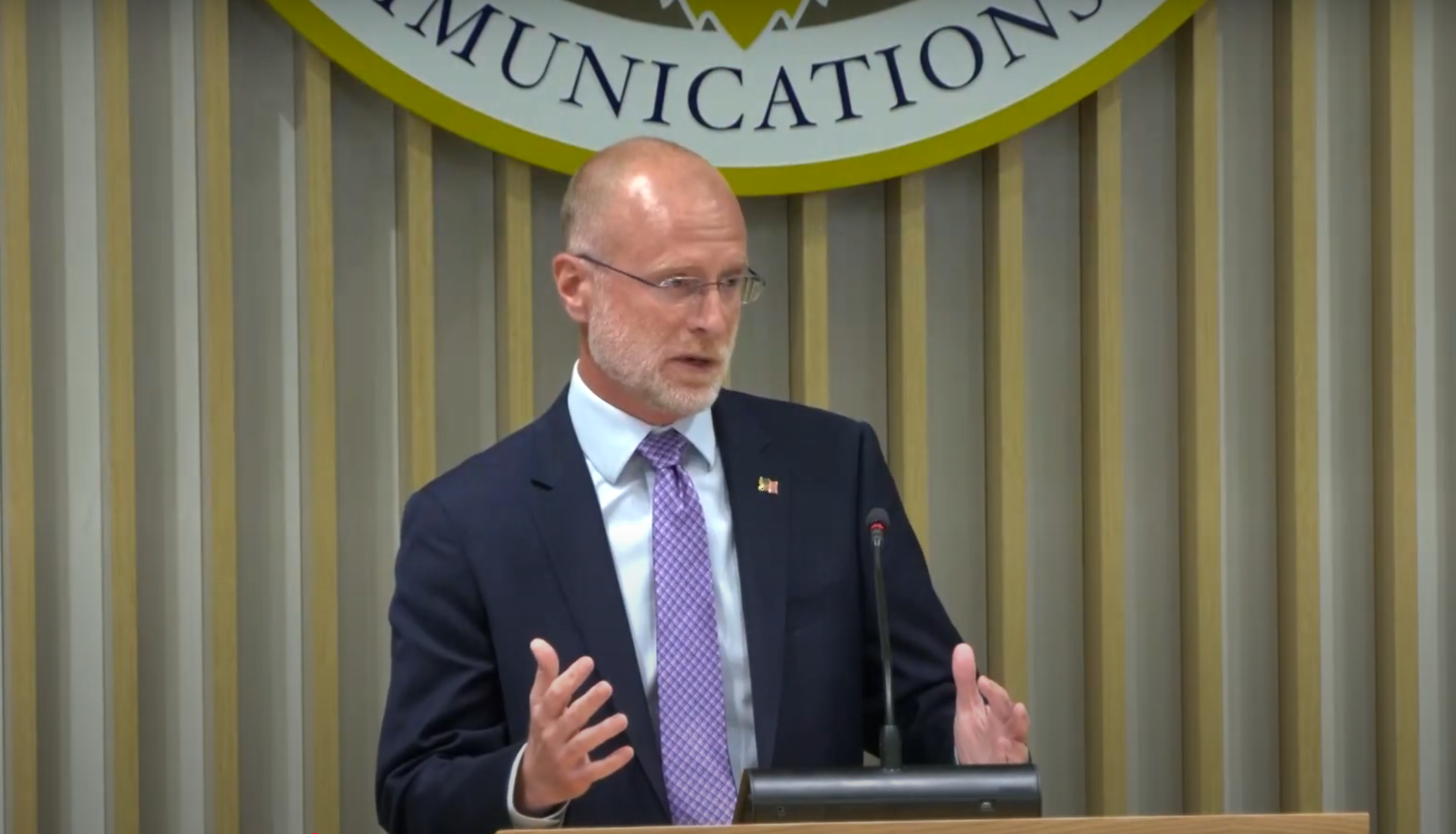Networks ask courts to stop FCC indecency crusade
In a cultural showdown that’s ripe for a decision by the nation’s highest courts, three major TV networks and a host of Hollywood production personnel have asked the judiciary to block the FCC’s continuing crusade against what it considers to be broadcast indecency.
CBS, NBC and Fox last week argued that the FCC’s tightened indecency rules were arbitrary and unconstitutional. In response, the U.S. 2nd Circuit Court of Appeals in New York set oral arguments for Dec. 20. Legal experts said a decision could come early next year, leading to appeals that could take the case to the U.S. Supreme Court.
Legal filings last Wednesday followed one by CBS to the U.S. 3rd Circuit Court of Appeals in Philadelphia on Monday challenging the $550,000 fine levied by the FCC after Janet Jackson’s “costume malfunction” during the 2004 Super Bowl halftime show. CBS told the court the FCC’s new “zero tolerance” policy for indecent broadcasts is threatening to stifle free speech, and “is flatly inconsistent with the bedrock principle that First Amendment freedoms require breathing space to survive.”
Fox’s attorneys called the new FCC rules a “radical reinterpretation and expansion” of the commission’s authority and said they had sent a chill throughout the broadcast industry. “The result is the end of truly live television and a gross expansion of the FCC’s intrusion into the creative and editorial process,” the network said.
NBC argued that the combination of the V-chip and ratings system is a more narrowly tailored means of giving parents control over content than the FCC’s current rules. The network also argued that the commission exceeded its authority by extending its profanity rules.
The networks are challenging FCC findings made last March that covered broadcasts on ABC, CBS and Fox. Those rulings were the first under a 2004 order by the FCC holding that use of the words f--- or sh-- was almost always indecent, a major shift for an agency that had held for years that unintentional and brief uses of the words were allowed.
Supporting the networks is a coalition of Hollywood creative workers including writers, producers and actors, who told the court that the FCC has created an “unworkable, inconsistent and confusing indecency regime, with vague and arbitrary standards.”
The professional video industry's #1 source for news, trends and product and tech information. Sign up below.
